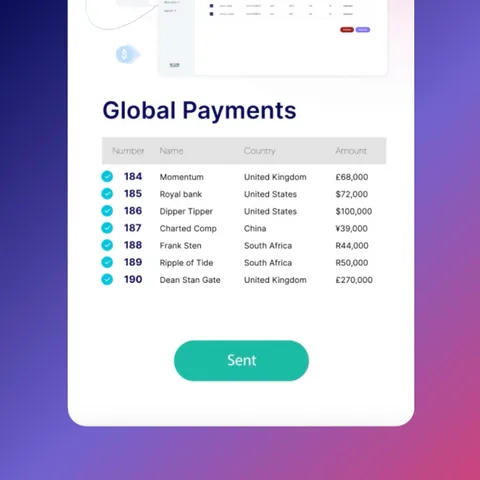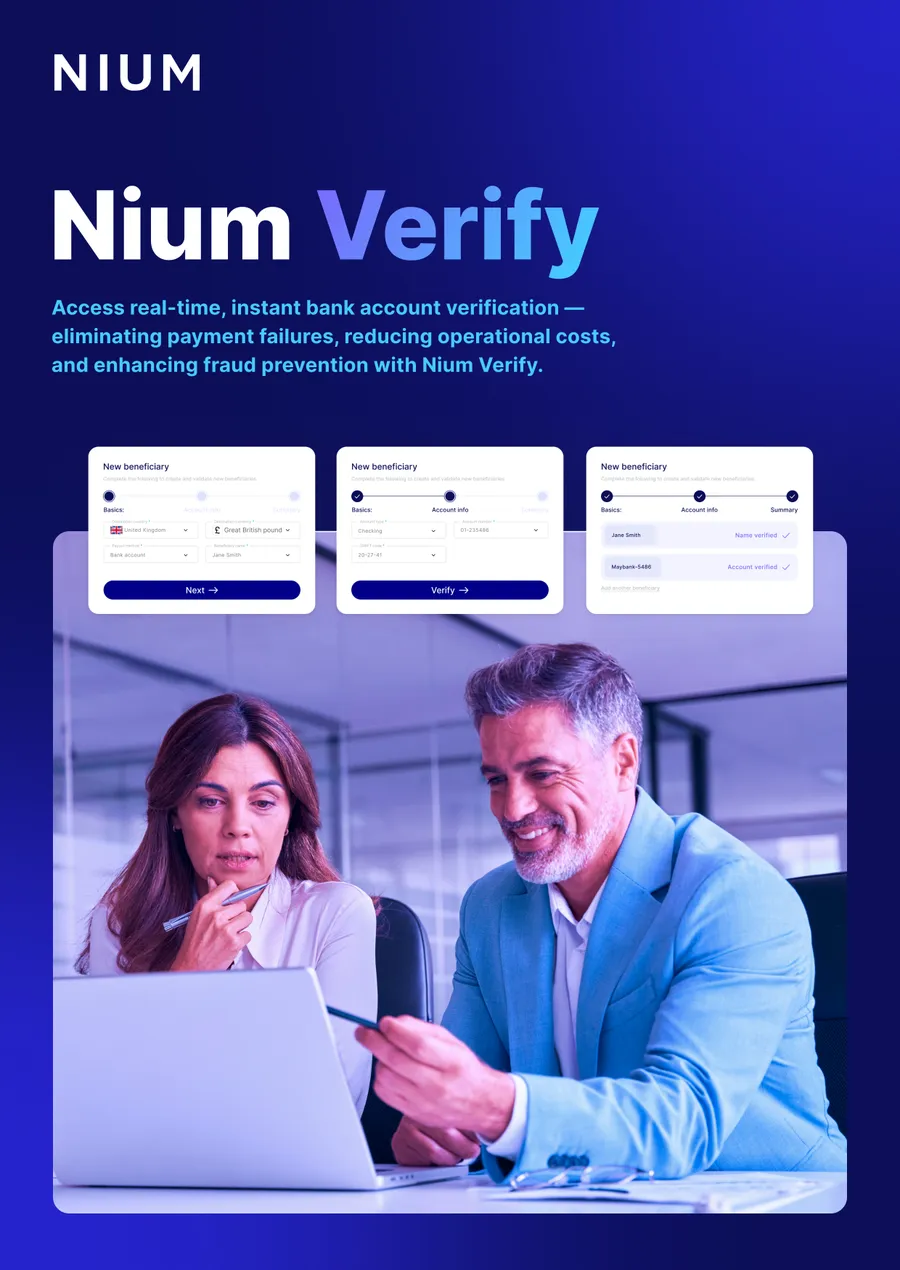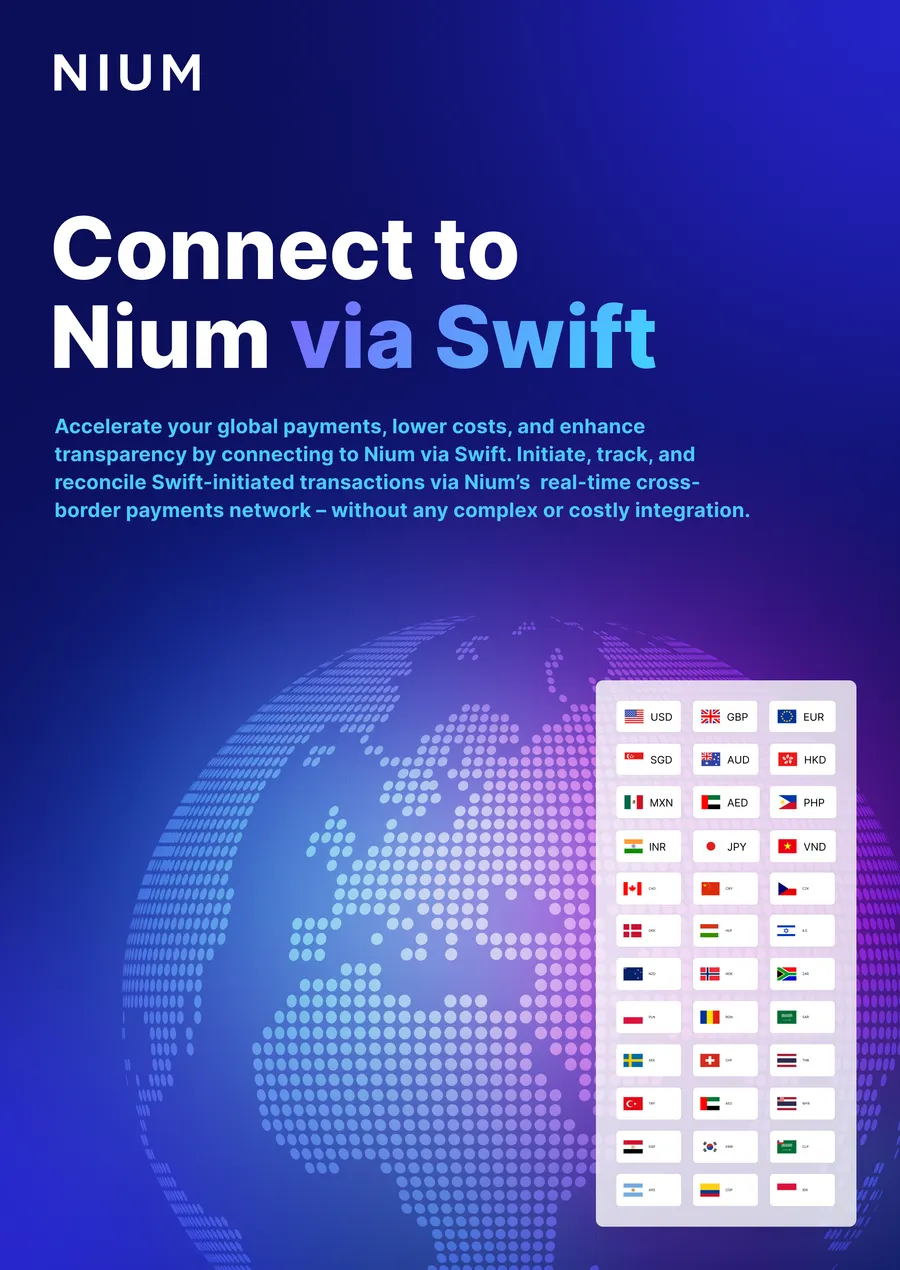Hiring global talent is easier than ever, with companies embracing remote work and hiring talent by the millions, regardless of geography.
But, while global hiring has been easy, global payroll remains hard. With businesses of all sizes and industries hiring employees and contractors scattered across the globe, providing tools to navigate complex country-level regulations and effective B2B cross-border payments is critical to expanding the global workforce.
Payroll models to support global teams
The payroll headaches of dispersed teams have given rise to global payroll platforms–built specifically to solve most of the challenges of running multi-country payroll–and offer comprehensive payroll services, typically supporting three primary delivery models:
- Global business payroll – For employers with local entities, payroll platform partners can serve as “agents” to whom payroll functions–including paying employees and handling local compliance and tax activities–can be outsourced;
- Employer of record payroll – For employers without entities in the countries where they have employees, payroll platforms can serve as an “employer of record” under whom employees are hired and paid;
- Contractor payroll – For employers with independent contractors and freelancers on their payroll who need a solution to pay these workers fast and in local currency.
According to IT research firm Gartner, “there is no single best-practice approach to deploying multi-country payroll, as the number of countries in which an organization operates will vary considerably, as will the number of workers per country. In many cases, an organization will use a combination of two or more models to deliver multi-country payroll.”
To support this, global payroll platforms have sought partnerships, including with B2B payment providers, to help them scale. While geographic coverage and local currency support are important, here are five payment-related considerations for global payroll platforms:
5 Payment Considerations for Global Payroll Platforms
1. Expertise in local laws and regulations in different countries. According to the Global Payroll Management Institute, payroll compliance is the number one challenge companies face. Each country has its unique set of payment laws, tax regulations, and payment dates. Even the slightest deviation from the law can lead to substantial fines or, worse, the closure of an operating entity in the jurisdiction.
Remote contractors further compound this complexity, as these workers are subject to different tax laws and regulations than full-time employees. Global payroll platforms must have local expertise on payroll regulations, taxation, and benefits management in the countries they plan to support payroll operations.
2. Multi-currency support and real-time, zero-deduction payout options. With contractors and employees in different countries, businesses need to ensure that they are paid accurately and on time, regardless of where they are located. Additionally, the cost of paying workers in their local currency can vary significantly due to fluctuating FX rates, bank charges, and transaction fees depending on the payment service provider or rails involved. But B2B cross-border payments do not have to be slow and expensive. Global payroll platforms should offer flexible payout solutions, including e-wallets, cards, and bank accounts. Zero-deduction options are a must, so funds reach employees and contractors fast and in full.
3. Interoperability with existing infrastructure. Businesses rely on a complex web of legacy tools to manage internal payroll processes – from HR software to ERP solutions for accurate accounting. To ensure workflows are as efficient as possible, global payroll solutions must allow for seamless transfers, with open APIs that can be integrated into a variety of workforce management tools.
4. Scalability. The speed and connectivity of global businesses are moving at lightning speed. Payroll platforms must provide easy access to new markets as a business’s expansion plans change at a moment’s notice. Platforms must support weekly, daily, or even on-demand payroll as their customers’ expectations could require more than bi-weekly payroll cycles, or they may want to offer faster payments as a differentiator.
5. Data and privacy protections. Payroll data is highly confidential and requires companies to apply the highest protection standards available. Payroll platforms and their partners must apply the highest security measures to prevent data compromise. Equally important is compliance with data protection regulations. Frameworks, such as GDPR, significantly impact payroll, and payroll partners are legally obligated to comply to avoid fines.
The importance of a trusted B2B payments provider who understands the nuances of global payroll
B2B payments service providers with experience working with major payroll platforms, like Nium, can directly contribute to their success, helping them enter new markets quickly with minimal risk.
“Clients such as Deel, Papaya Global, and Rippling, face the challenge of rapidly expanding their global payroll operations to keep pace with an increasingly dispersed and distributed workforce,” said Robin Gandhi, Chief Product Officer for Nium. “We’re partnering with these providers to offer broad global, real-time payout coverage that helps them scale effortlessly.”
The right B2B payments partner must provide global payroll platforms with competitive FX, built-in compliance, real-time payments, security offerings, zero-deduction, and multiple market coverage. That means transparency on transactions, including status updates, validations, access to data, reporting, and notifications; integration with existing systems and networks; and global service to ensure the same experience across local time zones for the entire workforce where everyone gets paid on time in the way that they want.
To learn more about how you can enjoy the value of a truly modern payment system, download Nium’s latest ebook: Payroll Goes Global: Optimizing Workforce Payments for International Businesses, or contact us here.
This article was originally published on TechCrunch.com on March 29, 2023.






.png@webp)


.png@webp)
.png@webp)



